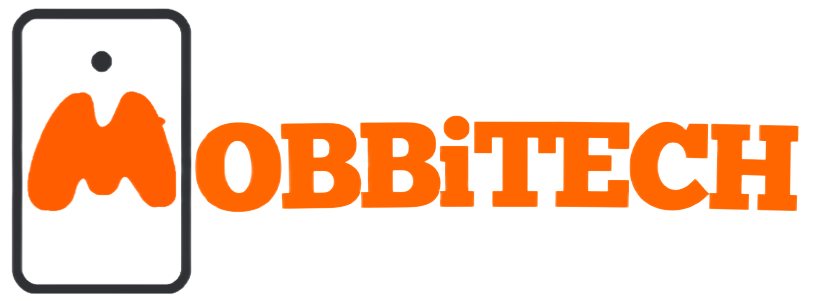Table of Contents
DeepSeek and ChatGPT are two advanced technologies that utilize natural language processing (NLP) to assist users in various applications. Each platform is built on sophisticated artificial intelligence algorithms, providing distinct functionalities tailored to meet different demands in the realm of language understanding and generation. This article aims to provide a detailed comparison between the two models, focusing on their technical capabilities, use cases, and subscription models. AI practitioners will find valuable insights into choosing the right tool for their projects.
Deepseek vs ChatGPT: Technical Comparison
1. Feature Set Analysis
When evaluating AI models, the feature set plays a crucial role in identifying their strengths. Below is a comparison table highlighting the fundamental features of Deepseek and ChatGPT:
Feature Deepseek ChatGPT Language Support Multilingual Support Primarily English (multilingual capabilities in later versions) Model Size Varied model sizes, customizable Various versions from small to large Training Data Domain-specific datasets Broad internet-scale datasets Use Cases Search optimization, document retrieval, Q&A Conversational agents, creative writing, tutoring API Access RESTful API OpenAI API Fine-tuning Capability Supported Available (via OpenAI) Deployment Options Cloud-based & On-premise Cloud-based
2. Accuracy and Language Understanding
Both Deepseek and ChatGPT have garnered attention for their language understanding capabilities, but their approaches differ significantly. Deepseek’s strength lies in its ability to leverage domain-specific data, resulting in high accuracy in retrieval-based tasks. For example, it has proven effective in legal document searches due to its training in legal texts. On the other hand, ChatGPT excels in generating contextually relevant responses and maintaining extended conversations, making it suitable for interactive applications.
3. Speed and Scalability
Speed is a critical factor in AI applications, especially for real-time systems. ChatGPT’s cloud infrastructure allows for swift response times, often in milliseconds. This speed is essential when developing chatbots that require quick interaction with users. Contrastingly, Deepseek’s performance may vary based on deployment choices and data retrieval processes; however, its customizability enables scalability to specific needs.
Deepseek vs ChatGPT: Subscription Models
The subscription models for both platforms reflect their target audiences and intended use cases. Here’s a comparative overview:
Plan Type Deepseek ChatGPT Free Tier Limited data access Basic access with usage limits Pay-As-You-Go $0.10 per query $0.002 per token processed Enterprise Contact for pricing $50/month for Pro version Academic Discounts Available on request 10% discount for educational institutions
Deepseek vs ChatGPT: Practical Applications

AI practitioners can capitalize on each platform’s unique capabilities in various scenarios:
1. Deepseek Use Cases
Deepseek excels in search-related applications where precision and relevance are paramount. It is ideally suited for:
- Legal Document Review: Law firms can implement Deepseek to streamline the document review process, ensuring that relevant cases and statutes are quickly retrieved.
- Market Research: Businesses can utilize Deepseek to scour industry reports and academic papers for targeted insights, optimizing their competitive strategy.
2. ChatGPT Use Cases
ChatGPT shines in applications where conversational abilities can enhance user experiences. Examples include:
- Customer Support Chatbots: Companies can deploy ChatGPT-based chatbots to handle customer inquiries, offering 24/7 support and reducing operational costs.
- Educational Tools: ChatGPT can function as a tutoring assistant, providing personalized feedback and explanations to students in real time.
Verdict
After analyzing the technical capabilities, feature sets, and practical applications of Deepseek and ChatGPT, it is evident that both models have their strengths and weaknesses that cater to different use cases.
1. Which Tool to Choose?
For AI researchers and developers, the choice between Deepseek and ChatGPT largely depends on the project’s demands:
- If your project involves search optimization, and document retrieval, or requires high accuracy in domain-specific applications, Deepseek is the model to consider.
- Conversely, if your goal is to develop interactive applications, such as chatbots or creative content generation, ChatGPT emerges as the more suitable option.
2. Actionable Insights for AI Practitioners
As AI practitioners assess these models, consider leveraging their strengths for optimal outcomes:
- Explore Deepseek’s advanced search capabilities to enhance information retrieval in niche domains.
- Implement ChatGPT for applications that benefit from natural dialogues and conversational AI technologies.
- Always consider the technical needs and scale of your project when selecting your AI model to ensure alignment with overall goals.
Conclusion
In assessing DeepSeek and ChatGPT, it becomes evident that each of these AI conversational technologies has its unique strengths and weaknesses. DeepSeek is particularly noted for its advanced search capabilities and the ability to comprehend contextually rich queries, making it a valuable tool for research and information retrieval. In contrast, ChatGPT excels in providing human-like interactions, supporting more fluid conversations, and allowing for nuanced expressions of language. These distinctions illuminate how both platforms serve different user needs and preferences, catering to a diverse range of applications.
Also Read:

